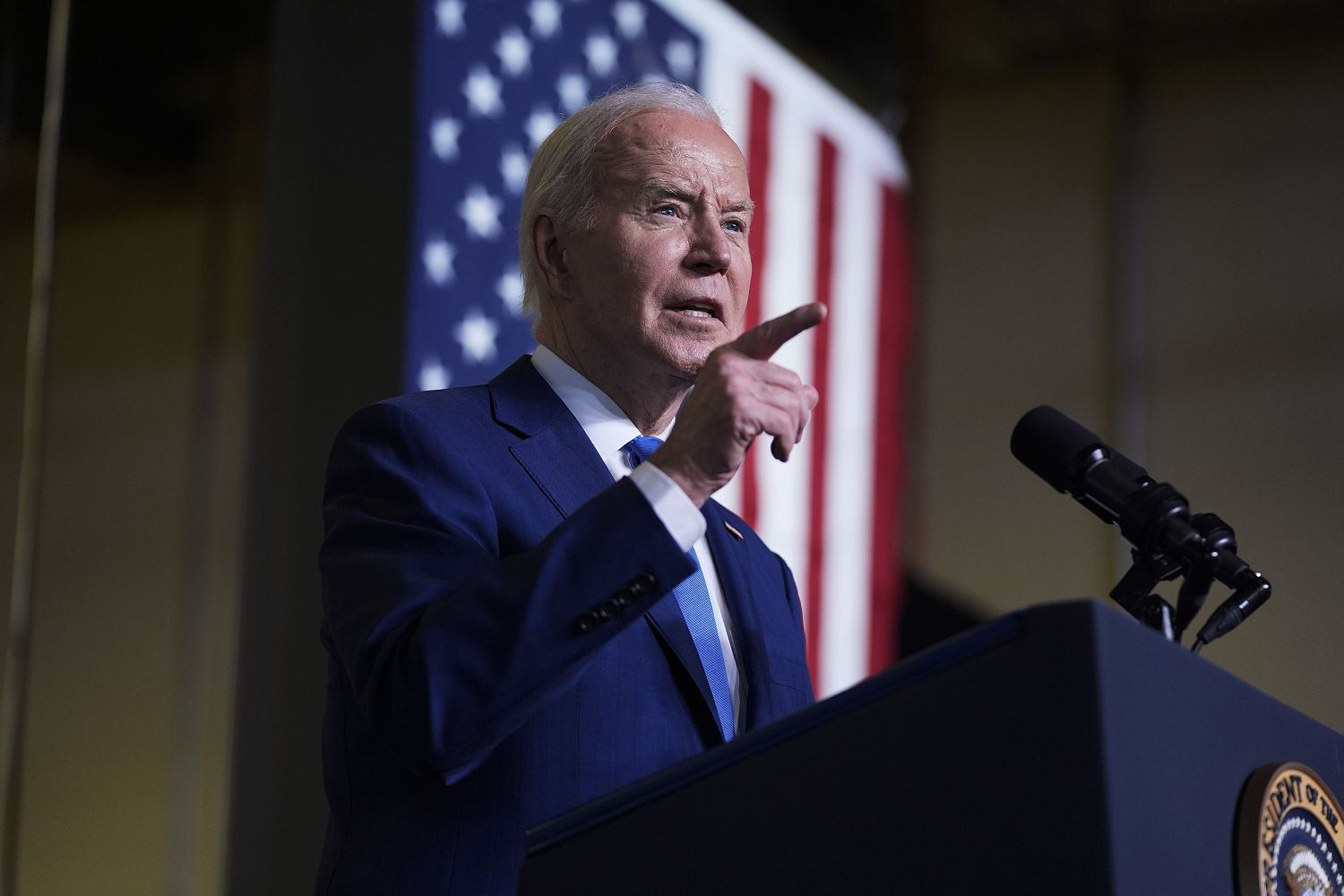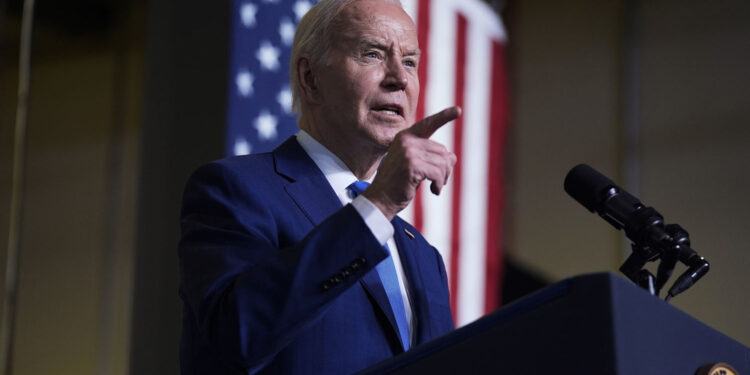
WASHINGTON — The Supreme Court on Wednesday threw out claims that the Biden administration unlawfully coerced social media companies into removing contentious content.
In reaching its conclusion, the court overturned an injunction that would have limited contacts between government officials and social media companies on a wide range of issues if allowed to go into effect. The Supreme Court had previously put the injunction on hold.
The court on a 6-3 vote found that plaintiffs did not have standing to sue.
The Republican attorneys general in Louisiana and Missouri, along with five social media users, filed the underlying lawsuit alleging that U.S. government officials went too far in putting pressure on platforms to moderate content. The individual plaintiffs include Covid lockdown opponents and Jim Hoft, the owner of the right-wing website Gateway Pundit.
The lawsuit included various claims relating to activities that occurred in 2020 and before, including efforts to deter the spread of false information about Covid and the presidential election. Donald Trump was president at the time, but the district court ruling focused on actions taken by the government after President Joe Biden took office in January 2021.
In July last year, Louisiana-based U.S. District Judge Terry Doughty barred officials from “communication of any kind with social-media companies urging, encouraging, pressuring, or inducing in any manner the removal, deletion, suppression, or reduction of content containing protected free speech.”
The New Orleans-based 5th U.S. Circuit Court of Appeals later narrowed the scope of Doughty’s injunction. But the appeals court still required the White House, the FBI and top health officials not to “coerce or significantly encourage” social media companies to remove content the Biden administration considered misinformation.
The case is one of two currently before the justices on the practice known as “jawboning,” in which the government leans on private parties to do what it wants, sometimes with the implicit threat of adverse consequences if demands are not met.
In the other case, the court ruled in favor of the National Rifle Association, which claims that a New York state official unlawfully pressured companies to cease doing business with the gun rights group.
Those challenging the government actions say that in each case there was a violation of the Constitution’s First Amendment, which protects free speech rights.






